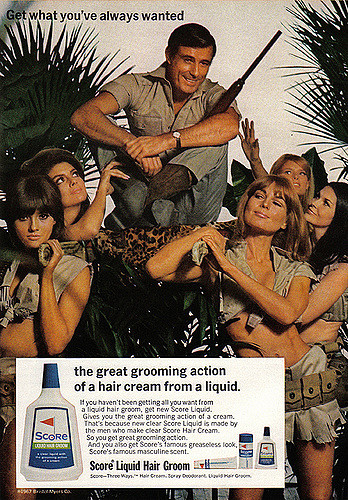Newspaper regulation- Media Magazine article
Task One: Media Magazine article and questions
Read the Media Magazine article: From Local Press to National Regulator in MM56 (p55)
1) Keith Perch used to edit the Leicester Mercury. How many staff did it have at its peak and where does Perch see the paper in 10 years' time?
Leicester Mercury used to employ 130 journalists. However, Perch predicts that, in ten years time, that it is very unlikely the paper will still remain in print. If it does, it will only be published weekly, be very expensive and would have very small circulation. The paper being online only will be its best chance of making money but then it would only employ as few as 5 or 6 staff.
2) How does Perch view the phone hacking scandal?
Perch believes that the phone hacking scandal was an illegal matter that should have been dealt with by the police. He states that "Far too many newspapers and magazines have been caught up in a regulatory system that they shouldn’t really be caught up in [...] A small section of the press was behaving in a totally unacceptable way, but it should have been dealt with legally. I don’t think regulation is the answer."
This shows how he disagrees with newspaper regulators, such as IPSO, and believes that it was unfair to punish everyone for the actions of one.
3) What does IPSO stand for and how does it work?
It stands for 'Independent Press standards organisation' It is a newspaper regulator. If the 28 days that a newspaper has to deal with a complaint have passed, the complainant can then take it to the IPSO Complaints Committee, which will decide if the Editor’s Code of Practice has been broken. If it has, the Committee can insist on corrections and demand that they are placed on a particular page of the newspaper.
4) What is Perch's view of newspaper ownership?
Perch believes that newspaper ownership should just be left as it is. If people have the money to afford it then they should be able to keep what they have, even if they own a majority of the news industry.
5) Do you agree with his view that broadcast news should have less regulation so that TV channels can support particular political parties or people
No I don't agree with his view that broadcast news should have less regulation. People are always watching TV so are definitely likely to listen to the news. If they are on a channel that is just promoting one political party or view then it would be unfair. They wouldn't know the whole story so wouldn't be able to form an opinion fairly. This is especially true for young people- they should watch news which gives both sides of the argument and then they can choose which side they wish to follow through additional research and thinking.



Comments
Post a Comment